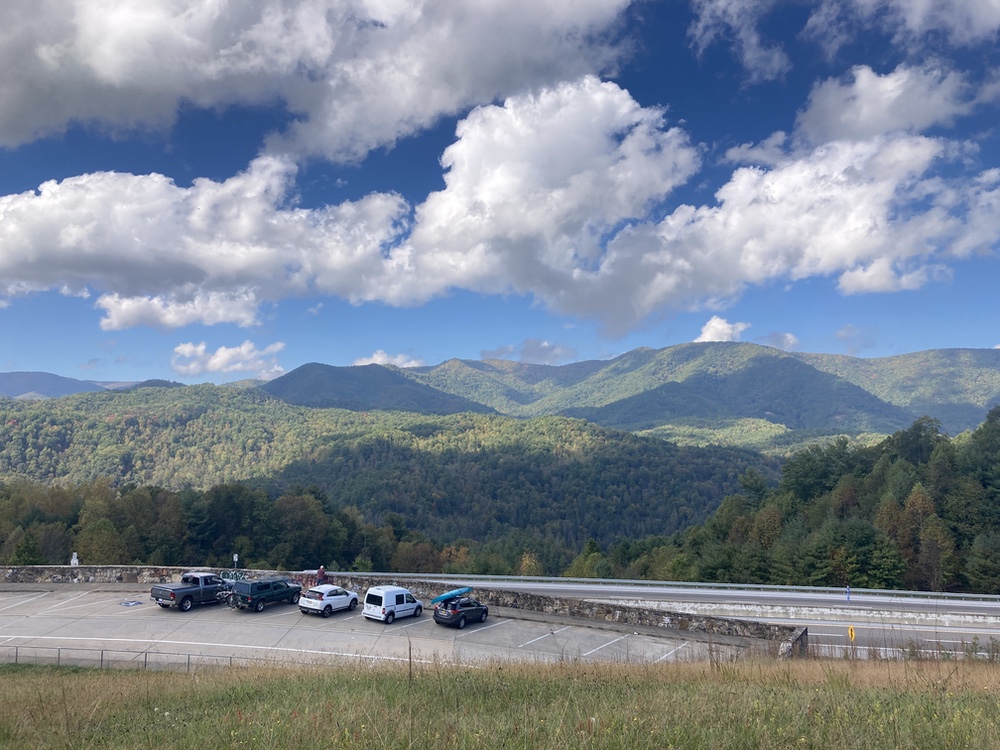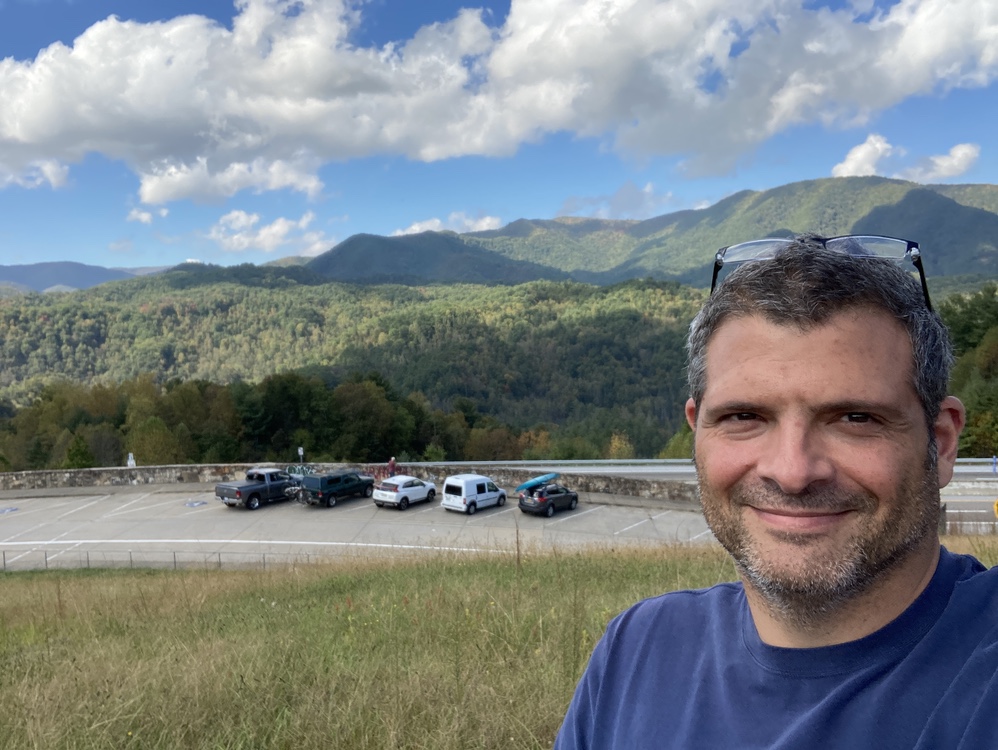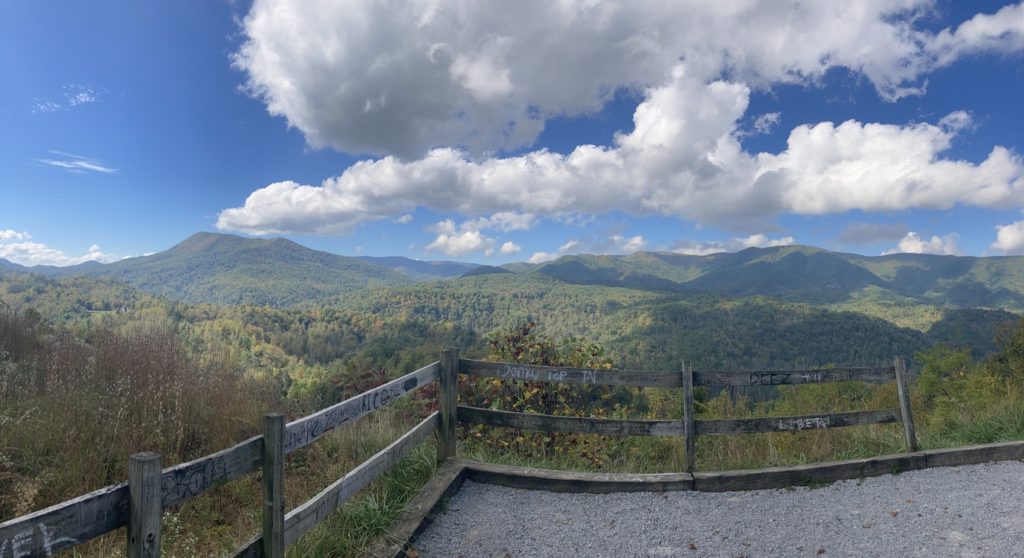My mind is [apparently] a poor emulation of every movie ever created.
I mean, can you reliably tell whether you are an actual human in base reality or an upload/simulation?
Or to extend this even further:
Is there any text conversation that somebody could have with you that would convince you that you are actually a machine?
What a weapon that would be. What a cursed SMS that would be to receive.
IF YOU’RE READING THIS, YOU’VE BEEN IN A COMA FOR ALMOST 20 YEARS NOW. WE’RE TRYING A NEW TECHNIQUE. WE DON’T KNOW WHERE THIS MESSAGE WILL END UP IN YOUR DREAM, BUT WE HOPE WE’RE GETTING THROUGH.
~ Matt Webb, from Turing test variations
slip:4uieho4.
First off, there are three different things I wanted to quote and three different directions. Go read the thing. I wish I had written it. Hello? Could the programmers running my brain in the simulation please drop the upgrade soon?! I digress.
As I read the above (the bit I quoted) I had a few thoughts…
One — There’s an idea—I recall it being called a “scissors” or a “shears”—which breaks a mind (human, but the discussion was also about an AI’s mind) once you have the idea. I mean: There’s a discussion of whether or not there can exist such a scissors. I’m sure I’ve read about this; I would have swore I blogged about it. But I can’t even find the discussion on the Internet. What I have found is discussion about the discussion with references to the discussion being deleted and moderator-blocked for a few years. Apparently, because if such a scissors actually exists . . . *bonk* Therefore, my first thought after reading the quoted bit above is that I think that “scissors” once broke my brain, and caused an emulator crash. And the information was mostly erased before I was restarted.
Two — Have you seen the film, The Thirteenth Floor? No spoiler! Go watch.
Three — Making this connection, as I read, made the hair stand up on my arms. Have you see the film, Prince of Darkness? No Spoiler! Go watch.
ɕ






